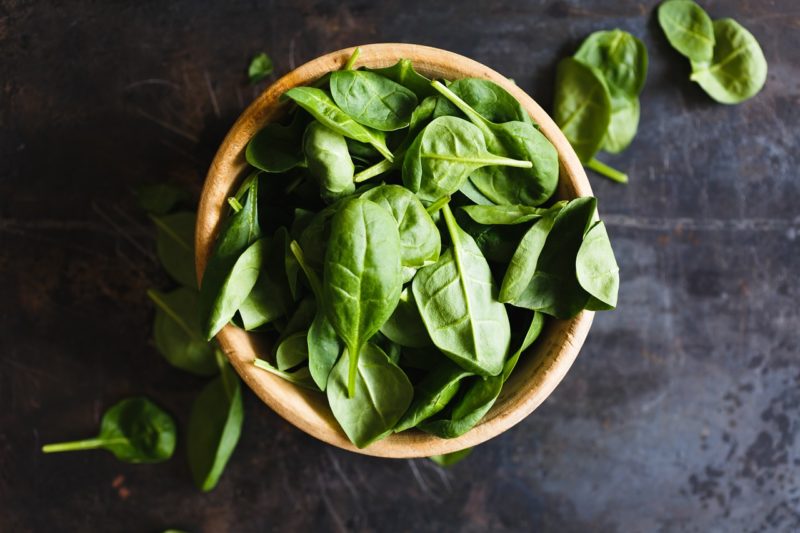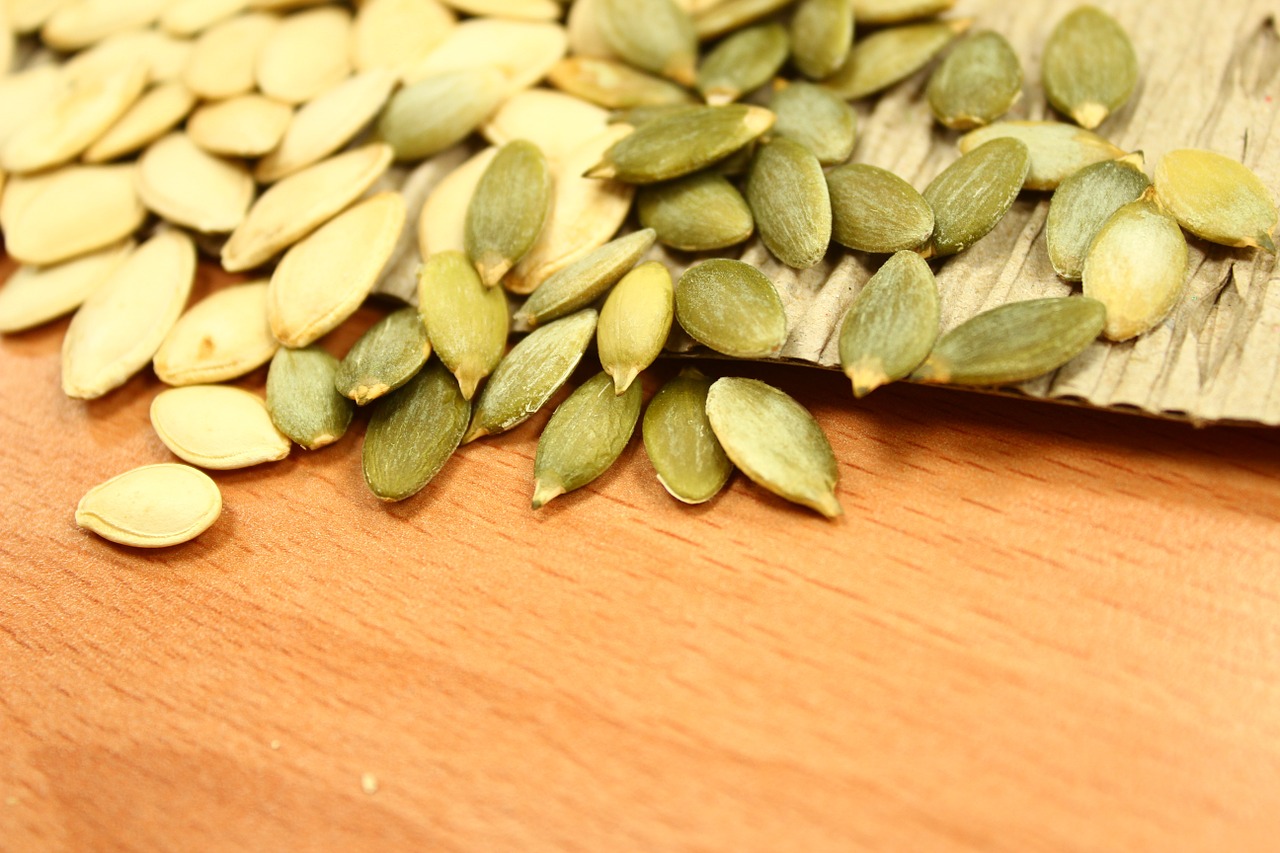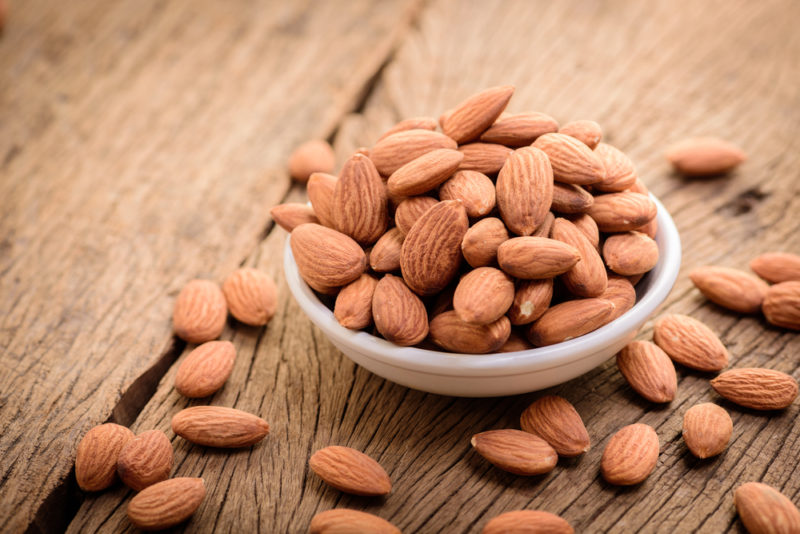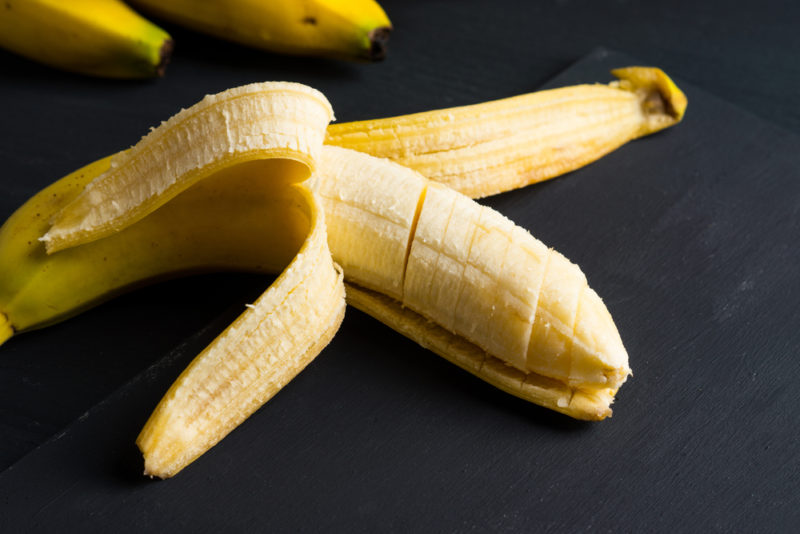It’s estimated that around 80% of Americans have a magnesium deficiency. Could this have something to do with the uptick in chronic illness? You see, magnesium is an extremely important mineral, responsible for over 300 biochemical functions in the body. Getting sufficient amounts of this mineral from your diet can help prevent strokes, heart failure, and other serious health issues. (1)
According to a recent meta-study including more than 1 million people across nine countries, those who consumed the most magnesium tested at a lower risk of some major health issues. They showed a 22% lower risk of heart failure, a 7% lower risk of stroke, and a 19% lower risk of type 2 diabetes. So maybe this gives us a window into how to prevent strokes and other chronic disease. (2)
Here, the lead author on the study, Fudi Wang, Ph.D., explained the results: “Our meta-analysis provides the most up-to-date evidence supporting a link between the role of magnesium in food and reducing the risk of disease.” And these studies looked at increasing magnesium intake by 100 mg. The daily recommendation is 300 mg. So image what an adequate level of magnesium could do for you. (3)
If a magnesium deficiency puts you at a greater risk for developing these serious health conditions, then getting a sufficient amount from your food may help prevent strokes and other chronic health conditions. Right? And it may be a good idea to get a whole lot more. (4)
Here are nine magnesium-rich foods to help prevent strokes, heart failure, and diabetes:
1. Spinach
Spinach is an excellent source of magnesium. One cup of spinach contains 157 milligrams! Along with magnesium, spinach also provides the body with essential vitamins and minerals it needs to keep things running smoothly. (5)

2. Swiss Chard
Swiss chard is incredibly nutrient-dense. Just one cup contains 154 milligrams of magnesium. So that added 100 mg of magnesium from the study? It’s easily met with just one cup of this tasty leafy green. In fact, the many antioxidants found in Swiss chard help promote eye health, reduce inflammation, and regulate blood sugar levels. (6)
3. Pumpkin Seeds
Several different types of seeds are high in magnesium, including pumpkin seeds! Snacking on just 1/8 cup of pumpkin seeds will provide your body with 92 milligrams of magnesium. These small seeds can help energize your body, stabilize your blood pressure levels, and keep your heart healthy! (7)

4. Avocado
One medium avocado provides your body with 58 milligrams of magnesium. Avocados are also high in potassium, Vitamin K, and B vitamins. The monounsaturated fats in avocados help keep your heart healthy and strong! Studies have shown that avocados can help reduce inflammation and improve cholesterol levels. (8)
5. Nuts
Several different types of nuts are high in magnesium. Almonds, cashews, and Brazil nuts can all help you reach your daily magnesium goals. Nuts are also a good source of fiber and monounsaturated fat. They’ve been shown to help improve blood sugar and cholesterol levels. (9)

6. Raw Cacao
Cacao is one of the highest plant-based sources of magnesium. Raw cacao beans, the natural state of chocolate, offer a plethora of antioxidants and minerals. Snacking on a small chocolate bar made from raw, organic cacao during an afternoon slump can help turn your glucose into energy, giving you clarity and focus! (10)
7. Bananas
One large banana contains 37 milligrams of magnesium. So you’d be well on your way to adding 100 mg of magnesium to your diet if you chomp on one. Bananas are also full of Vitamin C, Vitamin B6, and fiber. As an added bonus, the potassium in bananas has been linked to a reduced risk of heart disease and lower blood pressure levels. (11)

8. Black Beans
Beans, beans, they’re good for your heart. And for so many reasons! Add 1/2 cup of black beans to your meal to gain 60 milligrams of magnesium. Black beans are also a good source of protein and fiber, which can help regulate digestion. Research has shown that beans and legumes can help prevent cardiovascular disease and blood sugar problems. (12)
9. Figs
Now this is a delicious way to get your minerals! Just 1/2 cup of figs contains 50 milligrams of magnesium. On top of that, they also contain potassium, calcium, iron, and copper. Furthermore, the antioxidants in figs help support the immune system to keep the body healthy and strong. (13)
Some Things to Keep in Mind
While you want to be sure to get enough magnesium to prevent strokes and other conditions, you don’t want to get too much. Getting your nutrients from whole food sources is the way to go. Overconsuming magnesium supplements can lead to loose stools and abdominal cramping, among other things. (14)


